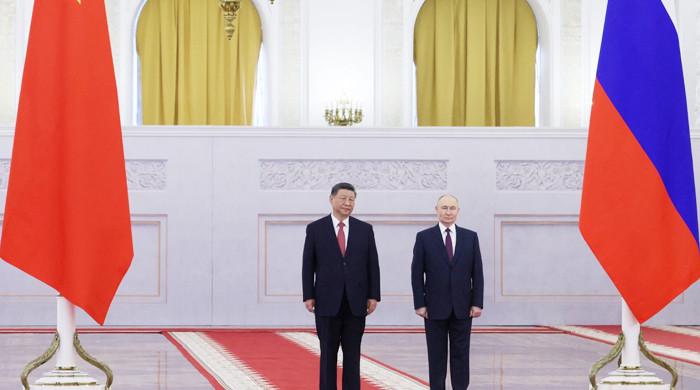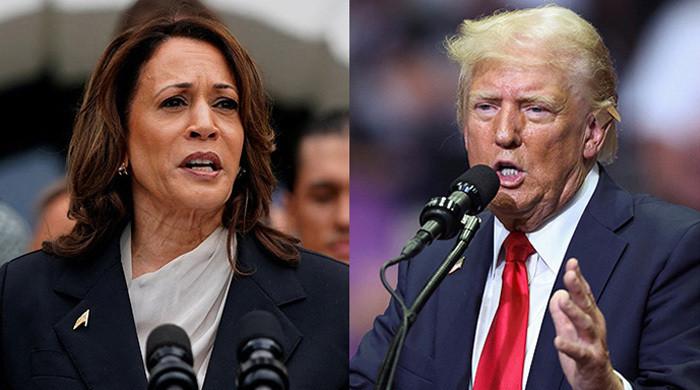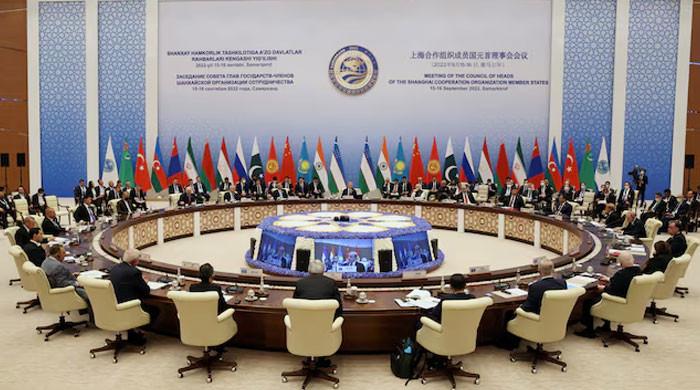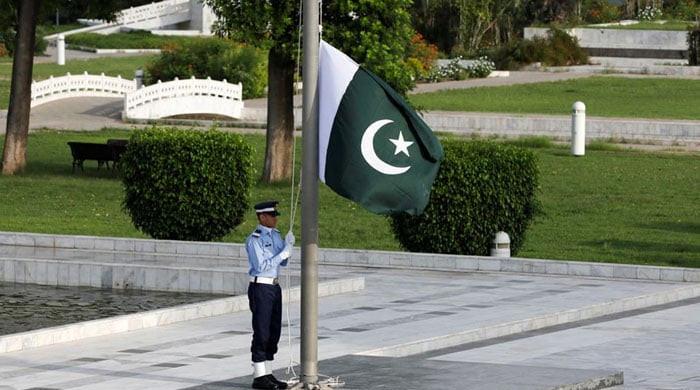COVID-19: The harbinger of inequality in the UK
People of Asian or black heritage are consequently 10 to 50% more at risk of death than white people due to varying factors
July 07, 2020
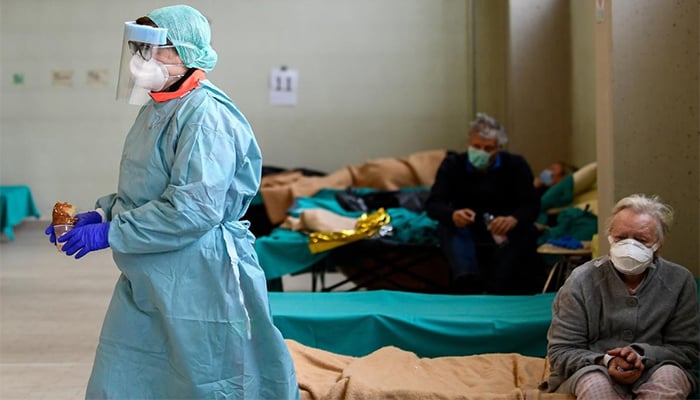
The coronavirus has unveiled underlying and pre-existing inequalities within the United Kingdom (UK), as the pandemic has disproportionately affected those within Black, Asian and Minority Ethnic (BAME) communities.
The designation ‘BAME’ itself is problematic, on the basis that it treats all minorities as one homogeneous, dehumanised mass, when each community has its own identity and unique obstacles to face.
A report by the UK-based Office for National Statistics on May 7, and another by the Public Health England (PHE), showed how a number of factors contribute to the disproportionate effects of COVID-19 on black, Asian and mixed ethnicity communities. These factors, which lead to a higher fatality rate among these communities, are not only medical but also socio-economic.
In terms of vocation, minorities are more likely to work in jobs which expose them to many people, such as in the transport sector. They are thus at greater risk of infection. People are also more at risk based on the factor of habitation, as minorities are also more likely to live in urban areas where social distancing is not as easily achievable.
The PHE report, published on June 2, also revealed that people of Asian or black heritage are consequently 10 to 50% more at risk of death than white people, due to these varying factors.
These findings are deeply disturbing because they prove that race continues to determine a person’s lifespan.
And let’s not forget that minorities have been instrumental in creating the UK. that exists today. Take the Pakistani diaspora. It is the largest in Europe and, following a great migration of Pakistanis during the 1950s and 1960s, they helped to staff the National Health Service (NHS) following its establishment and compensated for the national labour shortage.
Consequently, without our different ethnic communities, the ability of UK’s NHS to cope with the COVID-19 pandemic would be far weaker. But non-white people are disproportionately losing their lives despite their loyalty and service to this nation.
The challenges that minorities face unfortunately do not end here. The pandemic has merely worked to reveal pre-existing inequalities and disparities.
In continuing with the example of our Pakistani community, this can be illustrated through the example of British Pakistanis who, despite their increasing affluence, still face major obstacles to their success and happiness. These obstacles largely revolve around the issue of extremism and terrorism, which has translated into anti-Pakistan sentiment and Islamophobia.
According to the 2020 ‘State of Hate’ report, Muslims in the UK suffer almost half of all religiously motivated hate crimes and Pakistanis account for a significant portion of the Muslim community here. The report also shares the concerns amongst the British Pakistani community over fears of intensifying racial tensions through physical and online bullying.
Equality must also be reflected in England’s healthcare system, so that all have equal access as well as in the education system to provide all with the same opportunities for advancement. Education is also the key in tackling racist discrimination and prejudice, which represents the malign underbelly of an increasing terror threat from the far right and white supremacists.
The UK has failed our black, Asian and mixed ethnicity communities by not doing more to ensure they have the same opportunities as white people. It has also failed them by not doing more to tackle racism and religious hate crime in which people are beaten and religious sites vandalised.
The UK has committed a momentous injustice in allowing these inequalities to fester and take root. The loss of life as a result of COVID-19 epitomises the consequences of this injustice that black, Asian or of mixed ethnicity people will suffer and die if nothing changes.
The time for this change is now and all people must commit to making the UK a more equal and tolerant nation.
Hunter has just completed her MTheol degree at the University of St Andrews in Scotland and now works as a researcher. She tweets @MaryFloraHunter





